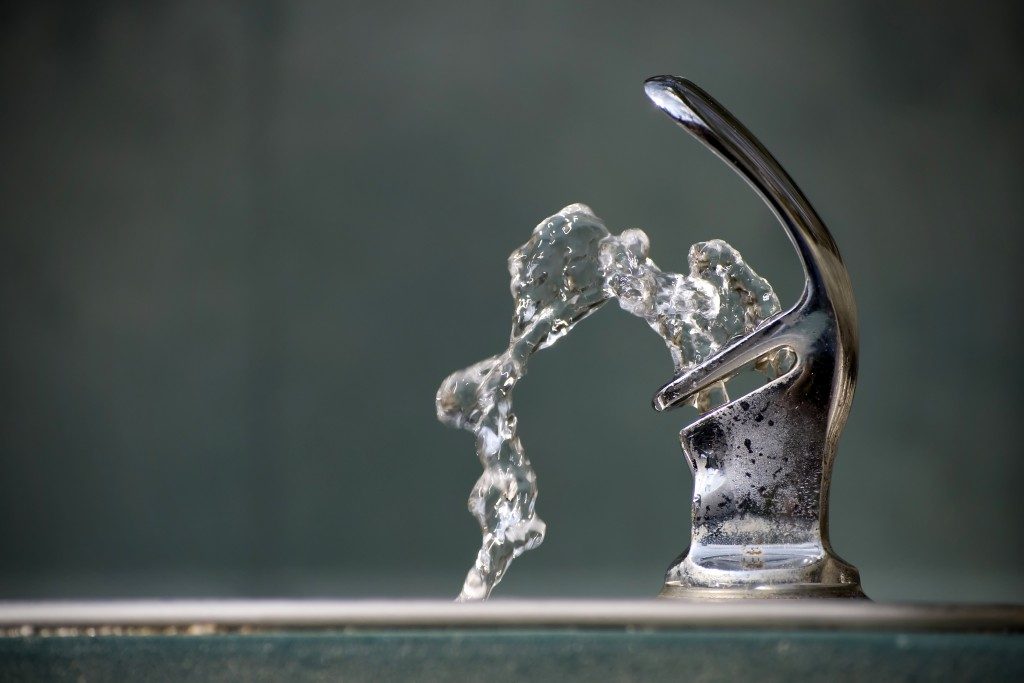Clean water is a necessity in life, whether it’s for drinking, bathing, preparing meals or cleaning household items. Without clean water, there’s a long list of things we won’t be able to do and accomplish. That’s why any changes to its quality can have a significant effect on our daily lives.
Fortunately, the United States is one of the countries with the most reliable and safest supply of drinking water in the world, according to a report from the Environmental Protection Agency. Water contamination isn’t a huge concern in many developed countries such as the U.S. and Canada, so people can rely on having clean water coming out of their faucets.
But while it may not be an immediate concern, that doesn’t mean that it never happens. It wouldn’t be unusual to notice some changes in your water supply at times, whether it’s in terms of taste, odor or appearance. If you’re unlucky, you might even encounter a combination of all these signs.
While effective water filtration systems are available in Park City, Utah to address these issues, it’s still important to understand what causes all of these in the first place. After all, these contaminants that affect the quality of your water can turn into not only plumbing problems but health issues as well. Here are some causes of unsafe water.
Chlorine or Bleach
If you’ve noticed that your tap water emits a similar smell as your swimming pool, it’s certainly because of the chlorine content it has. The presence of chlorine in water isn’t unusual. It’s a common practice in many municipal water plants to add chlorine in public water as a measure for proper water treatment. With chlorine, it’s possible to remove harmful bacteria and other similar microorganisms in the water for safer consumption.
However, this makes tap water develop an unpleasant taste. After some time, overexposure to chlorine has been proven to be the cause of many illnesses, such as cancer and heart-related problems. That’s why if you know your public water supply has chlorine, have it filtered to get rid of the chemical effectively.
Pesticides
If you notice a sharp taste of chemicals in your drinking water, that could mean that pesticides have been accidentally mixed with it. This happens when you live near farms or places with an irrigation system. As you may already know, unsafe levels of pesticides are extremely harmful to humans.
Illnesses such as birth defects, cancer, pulmonary problems, and immunodeficiency may develop. It could be fatal, too. Once you’ve noticed traces of pesticide in your drinking water, stop consumption and get the water tested.
Copper

If you notice a metallic taste in your water or see some blue-green stains mixed in it, it could mean there’s copper. These stains usually come from your sinks, and without proper cleaning, these could get mixed with your water. Like all other types of contaminants, high levels of copper content may cause health problems that can affect a person’s kidney, liver, blood and digestion system.
These are just some of the most common contaminants. Get your water checked regularly to ensure a safe water supply.
